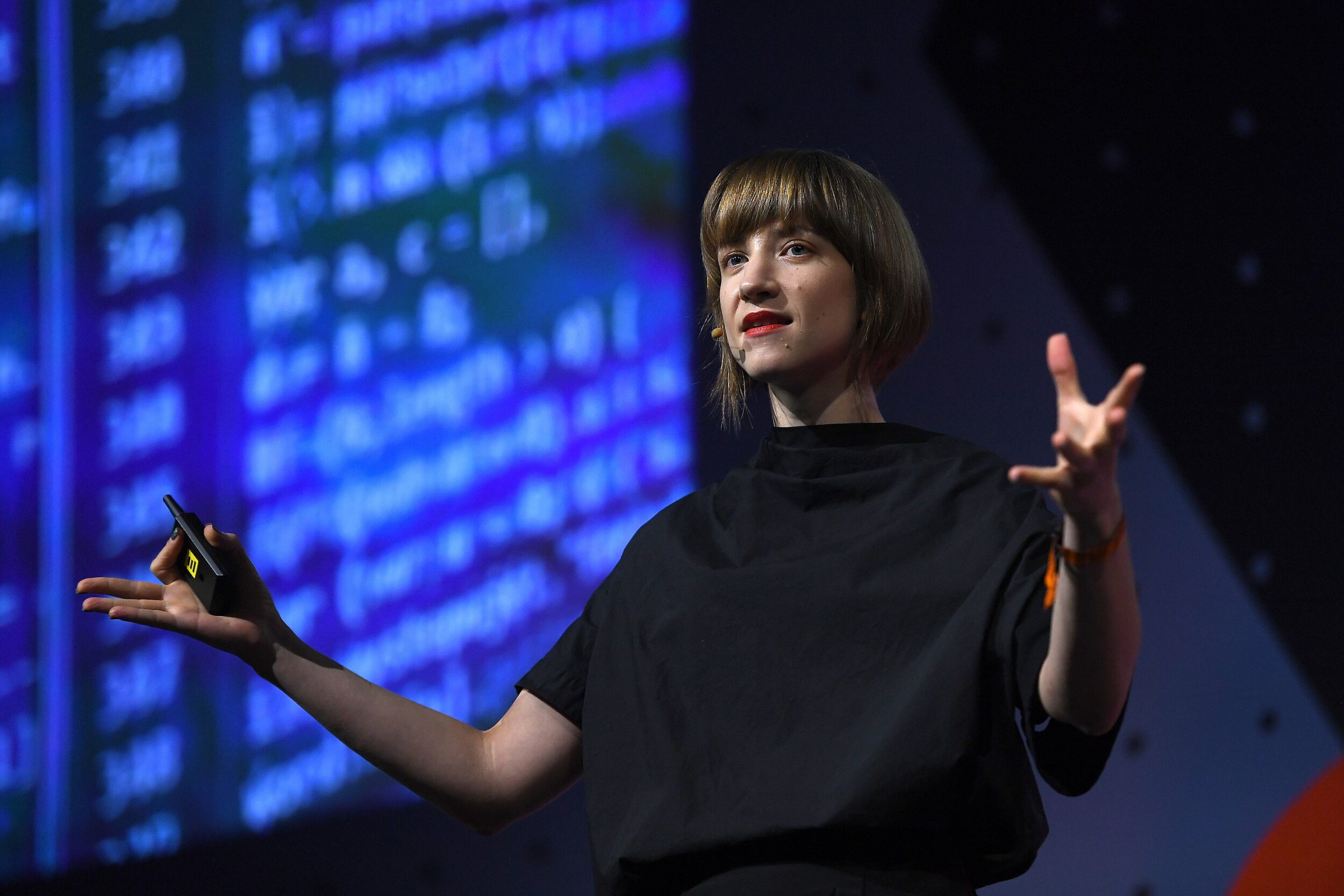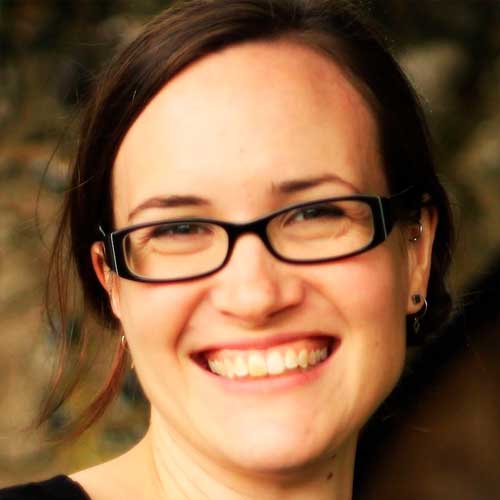This website uses cookies so that we can provide you with the best user experience possible. Cookie information is stored in your browser and performs functions such as recognising you when you return to our website and helping our team to understand which sections of the website you find most interesting and useful.
IWD2023 – Celebrating Women’s Contributions In Tech
Estimated reading time: 3 minutes, 15 seconds

What better day to celebrate women’s contributions to tech than International Women’s Day. In this post, I wanted to reflect on just a few of the remarkable women past and present who I find inspirational. They have all made significant contributions to the tech industry. The 2023 International Women’s Day theme of #EmbraceEquity ties in perfectly with showcasing achievers from different places with different backgrounds and celebrating their unique story and accomplishments.
It should be no surprise that I am going to start with the mathematician Ada Lovelace. Largely considered the first ever computer programmer, she recognised that Charles Babbage’s proposed Analytical Engine could be programmed to solve complex problems. Her algorithm published in 1843 was written to compute Bernoulli numbers. Ada’s role in inspiring women in tech continues to this day. In 2009 Suw Charman-Anderson founded Ava Lovelace Day after online discussions about the rarity of women speakers at tech conferences. This day specifically celebrates the achievements of women in science, technology, engineering and maths (STEM). The day aims to inspire girls and women to consider careers in these fields by increasing the visibility of female role models in STEM.
Next up is the co-developer of COBOL, Grace Hopper. Still in use today in mainframe installations in banks and insurance companies, COBOL was one of the earliest standardised computer languages. It allowed computers to respond to words as well as numbers, making computer programming more accessible. Before working on COBOL, Grace designed one of the world’s first compilers in 1949. With a PhD in mathematics from Yale, Grace also worked in the U.S. Navy and as a civilian research fellow at Harvard. She is also commonly credited with coining the term “debugging” in 1947.
Moving to contemporary women in tech, I wanted to talk about Reshma Saujani. She founded Girls Who Code in 2012 after noticing the gender gap in computer science. This international non-profit organisation teaches girls to program through summer schools and after-school clubs. Girls Who Code helps to make programming more accessible to girls and aims to increase the number of women choosing careers in computer science.
A woman fighting racial and gender biases, Joy Buolamwini is a computer scientist and self-proclaimed poet of code. It was her work at MIT which uncovered large biases in artificial intelligence (AI) services used by huge tech companies. She went on to found the Algorithmic Justice League in 2016. This organisation aims to create ethical and inclusive technology worldwide an uses a combination of art and research to raise awareness of the social implications of bias in code.
Lastly, coming from the data field, I have to mention Cassie Kozyrkov. A fellow South African, she started at Google in 2014, quickly rising to Chief Decision Scientist as the youngest ever C-suite employee. Cassie founded the Decision Intelligence field at Google, working to equalise decision intelligence and create safe, dependable AI. Described as a technology evangelist, I appreciate her candid sharing of information on her blog and social media platforms. She has the best quote on explaining the difference between data science and data engineering. “If data science is ‘making data useful’, then data engineering is ‘making data usable’.”
In an industry dominated by men, there are many talented women past and present working to change the status quo. I wish I had more space to write about some of the others. I encourage you to celebrate the achievements of women where you work, and share stories of your favourite inspirational women in tech. I am lucky to work with many inspirational women here at Brainnwave, a company which advocates and supports women in the workplace and is actively trying to be the change that it wants to see in the world.
Image Credit: 7 November 2018; Cassie Kozyrkov, Google, on Binate.io Stage during day two of Web Summit 2018 at the Altice Arena in Lisbon, Portugal. Photo by Harry Murphy/Web Summit via Sportsfile

